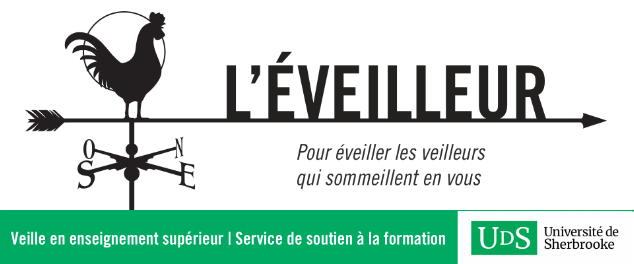Article d’opinion intéressant de Stanley Fish, professeur de droit à la Florida International University de Miami, paru dans le New York Times du 13 décembre dernier. Fish, un américain, réagit pourtant au rapport Browne (“Securing a Sustainable Future for Higher Education”, octobre 2010) visant à présenter des orientations pour le financement du système post-secondaire britannique. D’après lui, si les conclusions du rapport sont adoptées, de moins en moins de gens pourront améliorer leur niveau social au moyen de l’éducation supérieure.
Sans surprise, le rapport Browne propose un désengagement de l’État, mais c’est surtout contre la rhétorique utilitariste et la logique consumériste qui sous-tendent les économies évoquées dans le rapport qu’en a Fish:
…A course’s “key selling point” will be “that it provides improved employability” and students will be asked to pay “higher charges” for a course only “if there is a proven path to higher earnings.” (There is a verbal echo here, surely unintended, of the value nowhere to be found in the report, the value of higher learning.)
The result, anticipated and welcomed by the report’s authors, will be that courses of study that “deliver improved employability will prosper,” while those that don’t “will disappear.” This will hold also for universities, which will either prosper or wither on the vine depending on the agility they display in adapting themselves to student-consumer demands. “Institutions will have to persuade students that the charges they put on their courses represents [sic] value for money.” (Adapt or die.)
It hardly need be said that under this scheme the arts and the humanities (and most of the social sciences) will be the losers: the model of rational economic (as opposed to educational) choice does not encourage investment in medieval allegory or modern poetry or Greek history.
Fish s’inquiète du fait que c’est toute une conception de l’éducation comme voie d’amélioration globale de la société qui en prend pour son rhume. D’après cette logique, l’étudiant devient purement consommateur et il paiera à la sortie selon les produits qu’il a choisi pour son propre compte. Pas de redevabilité, pas non-plus d’intérêt pour les citoyens qui ne sont pas clients des universités:
The logic is the logic of privatization. Higher education is no longer conceived of as a public good — as a good the effects of which permeate society — but is rather a private benefit, and as such it should be supported by those who enjoy the benefit. “It is reasonable to ask those who gain private benefits from higher education to help fund it rather than rely . . . on public funds collected through taxation from people who have not participated in higher education themselves.” No one who has not been to a university has any stake in the health or survival of the system.
Des questions fondamentales…
Source: Fish, Stanley, « The Value of Higher Education Made Literal », New York Times, 13 décembre 2010.






